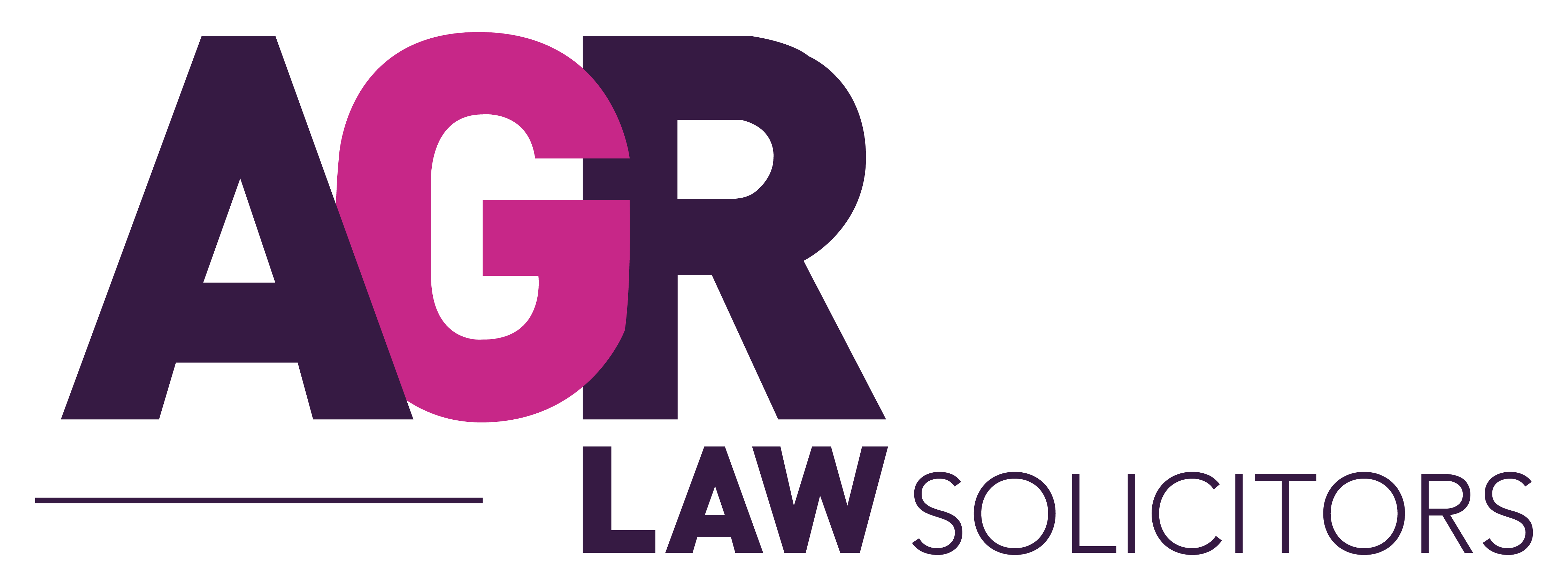Sunday 06 to Saturday 12 March 2022 is No More Week. Held annually, the aim is to inspire individuals, organisations and communities to raise awareness of domestic violence and sexual assault.
Although domestic violence is a significant and ever-increasing issue, one of the most difficult aspects is that it is so well hidden. Recognising the signs may be difficult and knowing what to say to someone you suspect may be a victim is challenging.
We want to support individuals to make change by helping them identify the signs and giving advice on how best to talk to someone that you suspect may be being abused.
Signs of domestic violence
Every case we see is different, but we’ve outlined some of the more common signs that a person is being abused below.
Physical indications
Look out for injuries covered up with clothing, heavy makeup or sunglasses. A victim may also be reluctant to hug if their arms or ribs hurt and will likely have a weak reason how they came to be injured when questioned.
Injuries may include:
- Bruises
- Sprained or bandaged wrists
- Marks on the neck
- Split lips
- Signs of self-harm or attempted suicide
Behavioural red flags
- Being constantly on edge and/or jumpy
- Becoming reserved, especially when talking about the abuser
- Complaining about lack of sleep or looking tired
- Drinking or using drugs excessively (as a coping mechanism)
- Losing confidence due to low self-esteem. Talking about feeling worthless or useless
- Becoming disinterested in seeing friends and family
- Cancelling plans at the last minute with a feeble or unlikely excuse
- Needing to ask permission to socialise or go out
- Receiving constant calls or texts from their partner asking where they are or who they’re with
- Having very little money available to them and possibly having access to transport removed too
Striking up a conversation
No matter how well your intentions and how close you are to the victim, knowing what to say to encourage them to seek help can be difficult.
Try to find the right space and time. Talking 1-1 in a private setting is better than approaching them in a group. A night out is also not the right time as the victim may be trying to relax and escape the reality of home for a while, so will not want to talk about it.
Keep the conversation positive Even if they feel down and are quiet, tell them how much you value their friendship and what fun they are to be around. Remember that their confidence is likely to be low, so boost their spirits by complimenting them.
Calmly voice your concerns and let them open up if they wish. Don’t force them to divulge details or ask too many questions otherwise they may question your intentions. Reassure them that you are there to listen and support them. This is their safe space to use how they wish.
Try to gently make them understand that they are not to blame for their situation. Victims often blame themselves because the perpetrator has persuaded them that this is the case. They are likely to make excuses for their abuser and try to justify their behaviour. They may also feel that what they’re experiencing is part and parcel of being in a normal relationship. Most couples have problems at some stage, but an abusive relationship will see one of the couple controlling, intimidating and physically and emotionally harming the other.
Be careful not to be too heavy-handed because they may shut down and helping them will become impossible. Instead, steer the conversation towards how the abuse is making them feel so that it’s fully focussed on them. This will make them think about the perpetrator’s behaviour and they may draw their own conclusions on what is right and wrong. Saying that you’d feel the same way helps acknowledge how they’re feeling.
You may be tempted to say ‘just leave’ but, although it’s hard to understand why they would show loyalty to their abuser, they are likely to be under their control and such demands only mimic that dominant behaviour. It may also be that they have no financial independence or that they don’t want to break up their family. They may also feel so helpless they imagine there is no escape.
Help them create an exit plan so that they are ready to leave when they have the opportunity. The plan may include identifying a safe place to go and having a bag packed ready. Advise them to take their keys, passport and copies of any bills in their name or joint names. They should also change any passwords or codes for devices and online accounts that they wouldn’t want their abuser to access. Setting up two-factor authentication will also offer further security. It is advisable for them to get their post redirected. Encourage them to keep notes or diarise when events have happened if they can.
Try to avoid saying he/she seemed nice or that they seemed the perfect couple. Abusers rarely, if ever, show their true colours in front of other people. They can often be popular and well-liked in company or out in public but change when they’re behind closed doors. The fact that the perpetrator can fool everybody may cause further embarrassment.
Offer solutions without being pushy. Options could include:
- Talking to the police if they are in immediate danger
- Contacting a charity or helpline for confidential advice (see below for useful phone numbers and email addresses)
Assure them that they’re not alone and thank them for talking to you as it allows you the opportunity to help them.
Where to get help
Below are some phone numbers and email addresses where anyone can talk in confidence to specially trained people.
For women:
- Phone – the Freephone National Domestic Abuse Helpline is on 0808 2000 247. It’s run by Refuge and open day and night
- Email – helpline@womensaid.org.uk
For men:
- Phone – Men’s Advice Line is on 0808 8010 327. The line is open Monday and Wednesday 9am to 8pm and Tuesday, Thursday and Friday 9am to 5pm
- Phone – ManKind is on 0182 3334 244. The line is open Monday to Friday, 10am to 4pm
- Email – info@mensadviceline.org.uk
LGBT+:
- Phone – Galop’s Domestic Abuse Helpline is on 0800 999 5428. The line is open Monday and Friday 10am to 5pm and Wednesday and Thursday 10am to 8pm
- Email – help@galop.org.uk
Forced marriage and honour crime:
- Phone – Karma Nirvana is on 0800 5999 247. The line is open Monday to Friday 9am to 5pm
Other places you can ask for help include pharmacies, a GP, midwife or health visitor. If you email for help, please confirm the best time for someone to email you back when you are typically safe to read their reply and respond to it.
Contacting us
If you need legal advice on any type of abuse, call us on 0116 340 0094 or email hello@agrlaw.co.uk.

